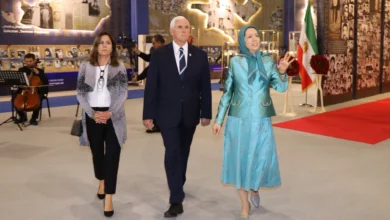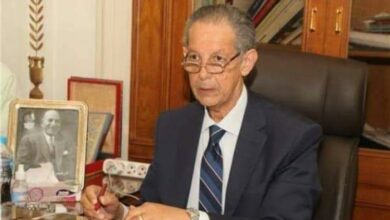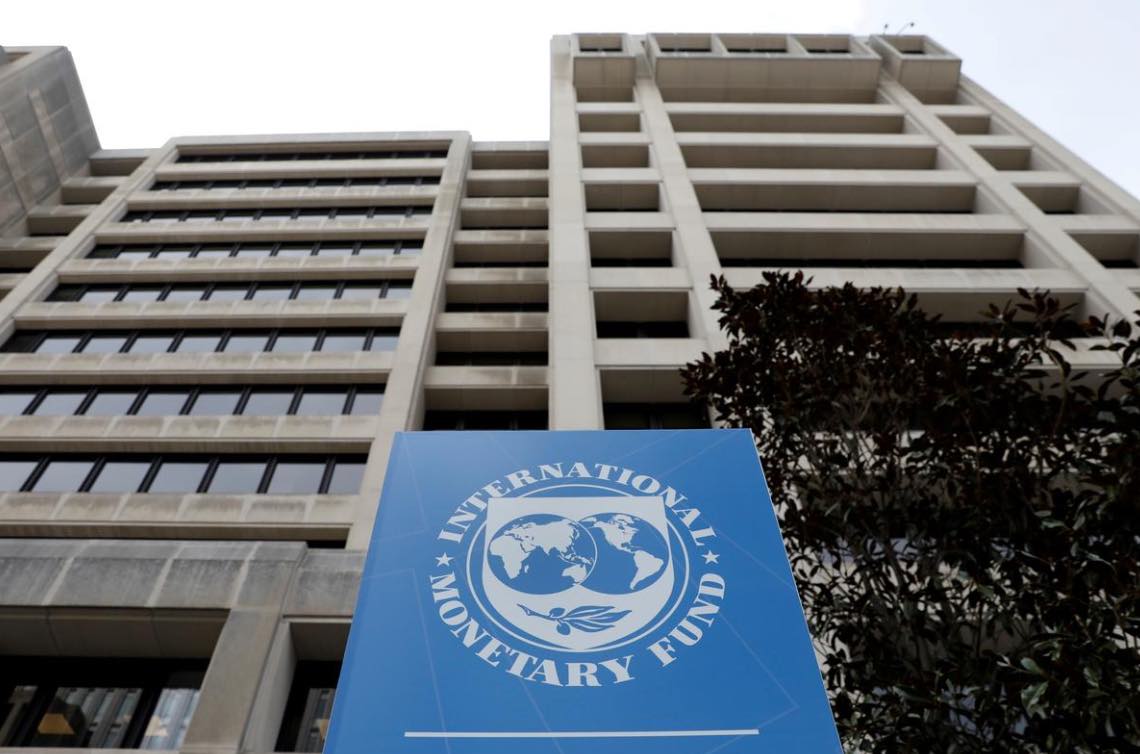In preparation for parliamentary elections next year and presidential elections a year after that, leaders of opposition parties, political societies and professional organizations congregated at Giza’s Center for Socialist Studies on Tuesday to hold a press conference. At the event, dubbed "Why We Oppose Mubarak and his Regime," attendees discussed plans for forming a unified front against the anticipated inheritance of the presidency from sitting President Hosni Mubarak to his son, Gamal.
Although the younger Mubarak has repeatedly said he does not intend to run for president, Egypt’s political opposition remains unconvinced.
Among the opposition groupings present at the press conference were the umbrella "Kifaya" pro-democracy movement; the Egyptian Journalists Syndicate’s committee for the defense of prisoners of conscience; the liberal Al-Ghad Party; the Karama Party (still awaiting official party status); the outlawed Communist Party; the Trotskyist grouping known as the Revolutionary Socialists; the formally suspended Islamic-leaning Labor Party; the Socialist Horizons Center; the outlawed-but-tolerated Muslim Brotherhood; the liberal Democratic Front Party; and the Sixth of April youth movement.
In hopes of promoting a degree of unity, conference moderator Mohamed Abdel Quddous, Muslim Brotherhood member and secretary of the Journalists Syndicate’s liberties committee, kicked off the event by stating: "We’re all in the same boat."
Yehia Fekri of the Egyptian Campaign against Presidential Inheritance explained that Egypt’s political opposition had failed in the past "because it lacks a popular grassroots presence on the street level." This, Fekri added, "is what led to the decline of the Kifaya movement following its campaign for judicial independence in 2006."
Fekri went on to say that the political opposition had to unite "in order to dispel the myths" promoted by the ruling National Democratic Party (NDP) at its upcoming annual congress, scheduled to begin on Friday.
"We need more concrete measures with which to oppose Mubarak, including free and fair presidential and parliamentary elections," he said. "We must also stand up to the dictates of the US, Israel and the EU when it comes to our domestic politics."
"We must become a street-based movement able to apply genuine pressure from below," Fekri concluded.
Abdel Khaleq Farouq, another member of the campaign against inheritance, focused on economic grievances.
"The largest public debt incurred since the rule of Khedive Ismail has been that incurred under the Mubarak regime," charged Farouq. He attributed this indebtedness — which, he said, amounts to over 115 percent of Egypt’s GDP — to the "misappropriation of subsidies for the wealthy and theft of public funds and resources for the sake of big business."
"Fraud associated with the privatization process was exemplified in the case of [previously state-owned department store chain] Omar Effendi," said Farouq. "Some 188 state-owned companies have been sold off at losses amounting to between LE35 billion and LE50 billion."
Farouq concluded by calling on Egyptians to "demand the halt of subsidized gas exports to Israel, which costs Egypt several million pounds in losses each day."
According to the Labor Party’s Mohamed el-Sakhawi, the ruling regime had succeeded in remaining in power "through a triad of heavy-handed authority, unbridled wealth and scheming with Zionism and the US." He went on to urge opposition figures of all stripes to "overcome political and religious sectarianism and work to unite the ranks of the opposition."
Communist Party member Salah Adly, for his part, argued that "there can be no free or fair elections under the current Emergency Law," in place since 1981.
"Unlike any other country, we’ve been ruled for 28 years under a state of emergency," he said. "Through united opposition, we must fight for genuinely representative elections and for genuine trade unionism, along with the freedom of professional syndicates."
Karama Party member Abdel Aziz Husseiny denounced the longtime presence of international troops in Egypt’s Sinai Peninsula. He also condemned the ruling regime’s socio-economic policies, "which have only led to increased unemployment and price hikes."
Husseiny also demanded "the immediate annulment" of the 20-year-old agreement by which the government is exporting Egyptian natural gas to Israel. "We cannot afford to incur further debts or squander our already limited natural resources," he said, calling for "a non-violent campaign of civil disobedience, strikes and demonstrations."
At one point, prominent journalist and Kifaya activist Abdel Halim Qandil shouted: "The NDP is not a party but a gang of thugs, not dissimilar to Israel’s Likud Party."
"In Egypt, we don’t have one regent, but three: Hosni, Gamal and [first lady] Suzanne Mubarak," Qandil said. He went on to list "three steps by which we can rid ourselves of this triumvirate: firstly, by boycotting presidential elections; secondly, by establishing a general assembly of the Egyptian public through which the people may freely and openly nominate a president; and thirdly, by waging a campaign of civil disobedience and collecting signatures against the appointment of Gamal Mubarak to the presidency."
Qandil reminded attendees that a demonstration would be held for this purpose on December 12 outside the journalists syndicate’s downtown headquarters.
In his speech, Ghad Party leader Ayman Nour blasted recently-resigned Transport Minister Mohamed Mansour.
"This is the first case in which a minister has resigned following a host of disasters, from the sinking of the Salam 98 ferry boat to the recent Ayyat train crash," said Nour. "Not only should these corrupt ministers resign, but so should their boss," he added, in reference to President Mubarak.
"The Mubarak family has hijacked our country," he continued. "Neither Hosni Mubarak nor Gamal were elected to parliament, nor do they have the necessary know-how to run this country." Nour added: "Egypt is being raped economically, socially and politically."
Brotherhood MP Mohamed el-Beltagy, for his part, began his speech by reminding listeners that the senior Mubarak represented "the only Egyptian president to have ruled without a vice-president."
"He has overseen the most fraudulent elections this country has ever seen, making the Egyptian people lose faith in both politics and politicians," said el-Beltagy. "This fraudulence has sought to destroy the popular street spirit."
"The Muslim Brotherhood was excluded from the last Shura Council election and barred from participation in local council elections," he added. "We’ve also been subject to exceptional trials and an oppressive emergency law."
El-Beltagy concluded by saying that the brotherhood, Egypt’s largest opposition movement, "has not yet decided whether or not to participate in the boycott of presidential elections as was suggested by Mr. Qandil."




